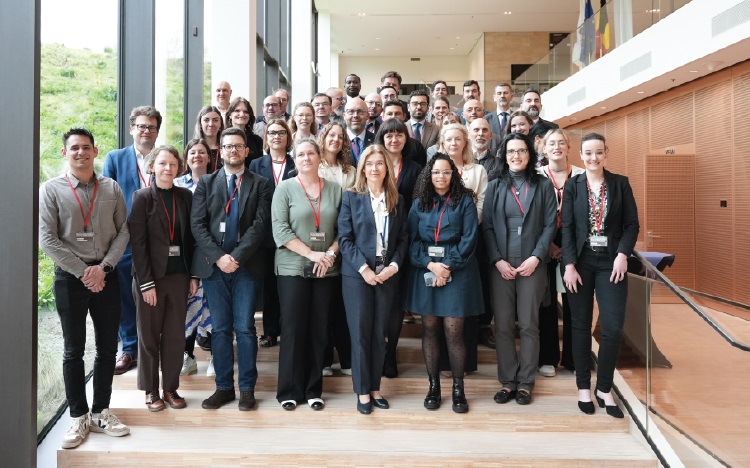On 11-12 April 2024, the 46th Meeting of the EU Wildlife Trade Enforcement Group took place at Eurojust headquarters in The Hague. The event, which was organised by the European Commission’s DG Environment, brought together key stakeholders working to fight back against wildlife trafficking.
The illegal trade in protected wildlife species has become one of the most profitable criminal activities, with devastating effects on the environment, animal populations, human health and the global economy. Often, it also acts as a catalyst for other serious crimes, such as fraud, forgery of documents, and money laundering. For this reason, a joint approach between a diverse range of stakeholders is necessary to effectively prevent, detect, investigate and prosecute these crimes.
Participants of this event included representatives of national administrative, law enforcement and judicial authorities, as well as EU agencies (OLAF, Europol and Eurojust) and international organisations (Interpol, UNODC, WCO), as well as, for specific agenda items, non-governmental organisations (WWF, TRAFFIC, GI-TOC, IFAW). Over the course of the 2-day event they received updates on legislative initiatives and policy developments, presented the outcome of recent cases, and exchanged views on best practices for detection, investigation and cross-border cooperation.
About the EU Wildlife Trade Enforcement Group
The Group, chaired by the European Commission, gathers representatives of Member States authorities competent to enforce and implement the Convention on International Trade in Endangered Species of Wild Fauna and Flora (CITES), provisions of which are incorporated into the EU and national law. To learn more about how the EU is tackling illegal wildlife trade, visit the European Commission’s website.

